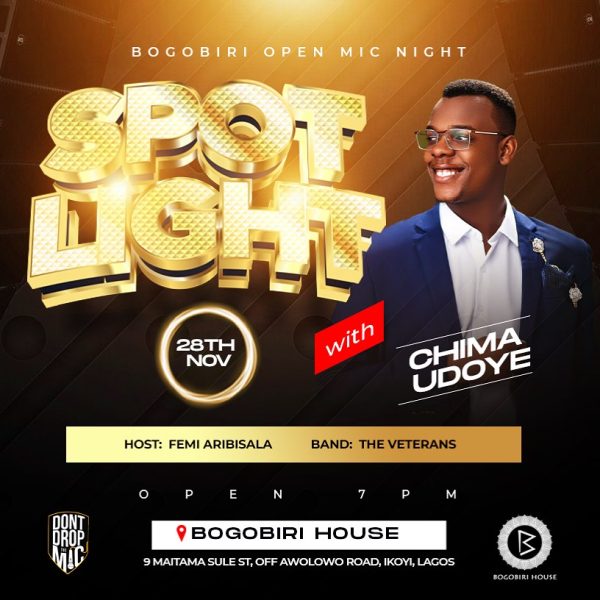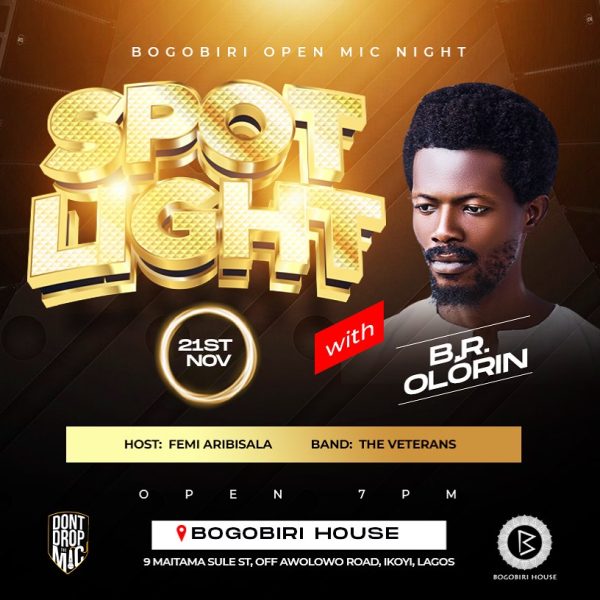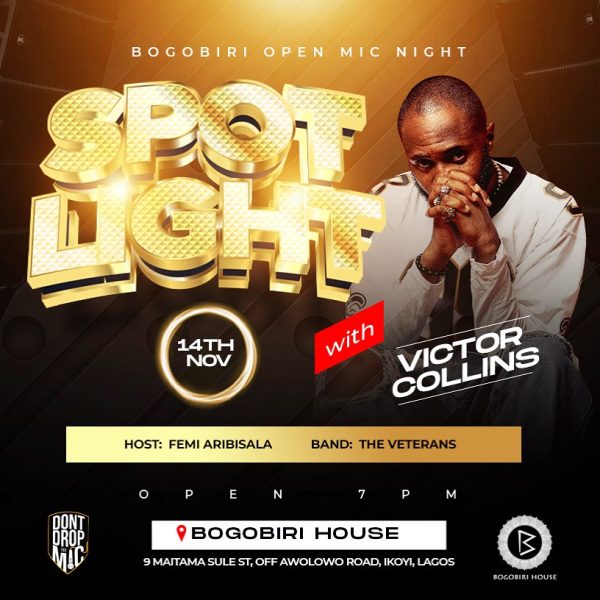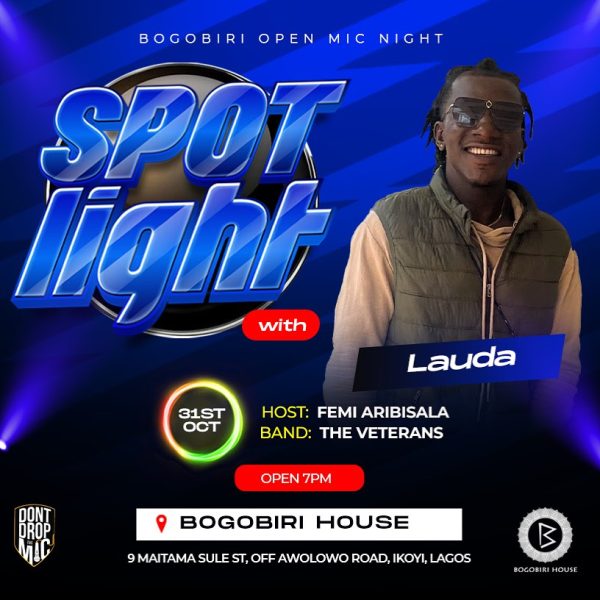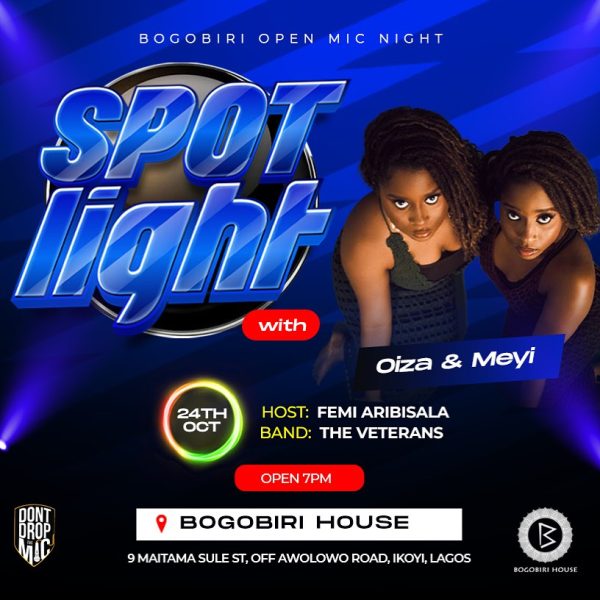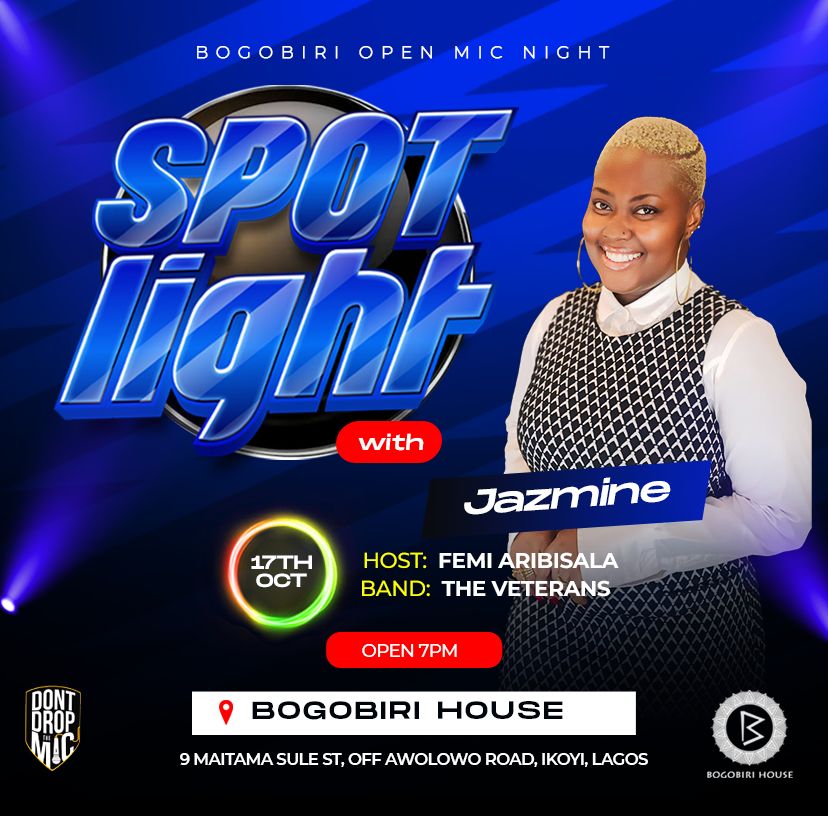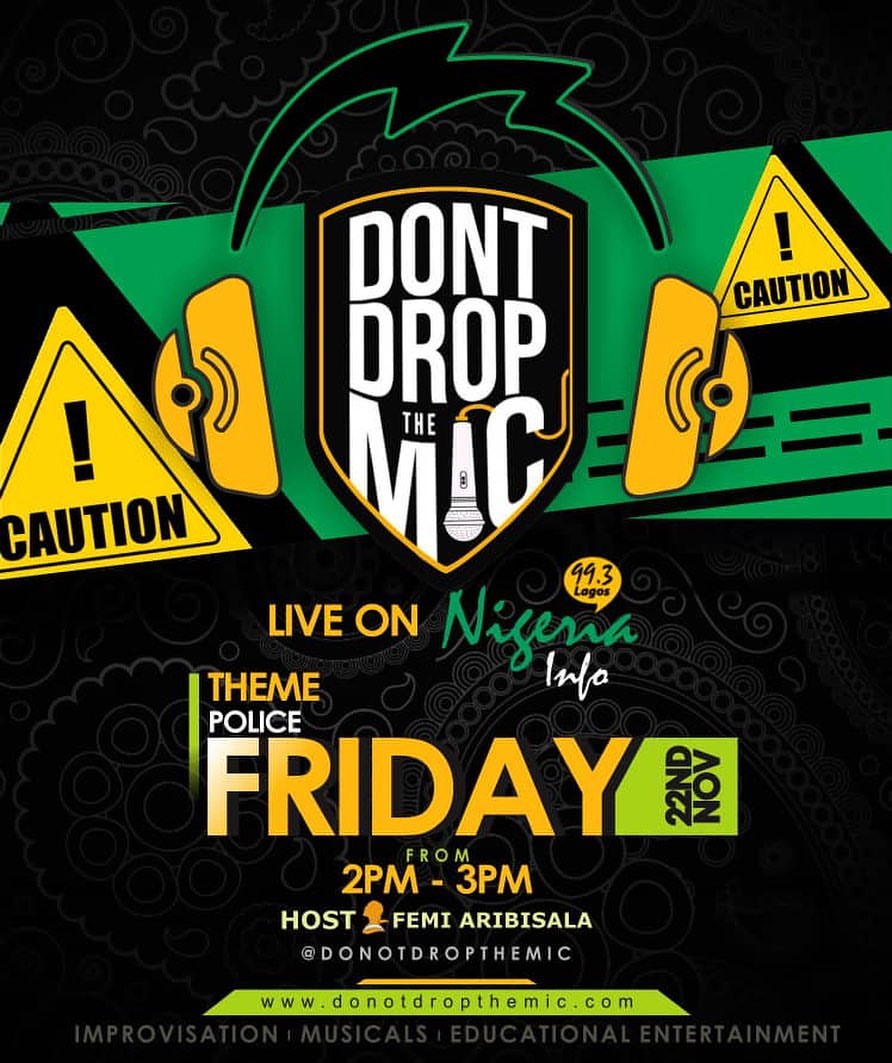
On this episode of the radio talk show, Femi Aribisala and his guests, Akatu, Yemswags, and Emz, delved into the topic of *“Police,”* sparking a wide-ranging conversation that touched on the complex relationship between Nigerians and law enforcement. The questions prompted lively discussions, with some callers sharing real-life experiences and frustrations with the police force.
The conversation kicked off with the fundamental question, *“What do you think is the role of the police?”* While the guests agreed that the police are meant to maintain law and order, many callers expressed disappointment, saying that the police have often deviated from this role, instead using their power to intimidate or exploit citizens. A few callers shared stories of instances where the police offered no real help during emergencies, leading to a feeling of distrust.
Another question, *“What kind of people make up the police force?”* saw some interesting takes. Akatu highlighted that most police officers in Nigeria are a reflection of the country’s socioeconomic challenges. Emz added that poor recruitment processes and lack of proper training create a system that’s more prone to corruption. One caller made a particularly striking observation, noting that officers often come from disadvantaged backgrounds and are not adequately supported by the government, leading them to prioritize self-survival over the actual duties of their role.
The show shifted gears when they discussed *“Are Nigerians difficult to police?”* Akatu argued that while Nigerians are generally law-abiding, the lack of trust in the police makes it hard to cooperate. Yemswags countered by saying that years of harassment and poor treatment have led many citizens to view the police as enemies rather than protectors. Callers were divided on this issue, with some agreeing that societal indiscipline plays a role, while others pointed out that the distrust stems from a history of abuse and corruption within the force.
The question, *“What is the most significant cause of crime?”* generated diverse answers. Emz suggested that poverty and unemployment drive crime, while others pointed to broken homes and a failing educational system. Callers echoed these sentiments, with one caller passionately stating, “When a person has no hope and no opportunities, crime feels like the only way to survive.”
When asked, *“Do police pay more attention to rich people or criminals?”* the studio erupted in discussion. Many callers agreed that the police prioritize the wealthy, often turning a blind eye to crimes committed by influential individuals. Femi observed that the system seemed to favor the rich, citing how money could buy protection or quick resolution of cases.
The final question, *“When you see the police, how do you feel?”* brought out a range of emotions. Some callers admitted they felt fear and anxiety, associating the police with harassment or extortion. Akatu spoke about the anxiety he felt during routine traffic stops, even though he had nothing to hide. Others, however, mentioned that they still view the police as necessary but would like to see significant reform to restore their faith in the system.

